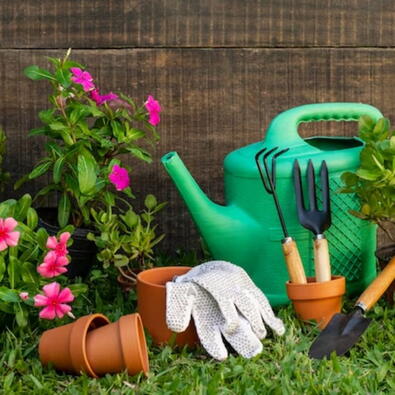
Gardening 101: How to Start Your Own Garden
Ever dreamed of digging your hands into rich, earthy soil and watching your garden flourish? Starting your own garden can be a rewarding adventure, offering everything from fresh produce to a beautiful outdoor retreat. If you’re a budding green thumb or simply looking to dip your toes into the world of plants, you’ve come to the right place. Let’s dig into some gardening tips and beginner gardening advice that will help you turn that patch of dirt into a thriving garden!
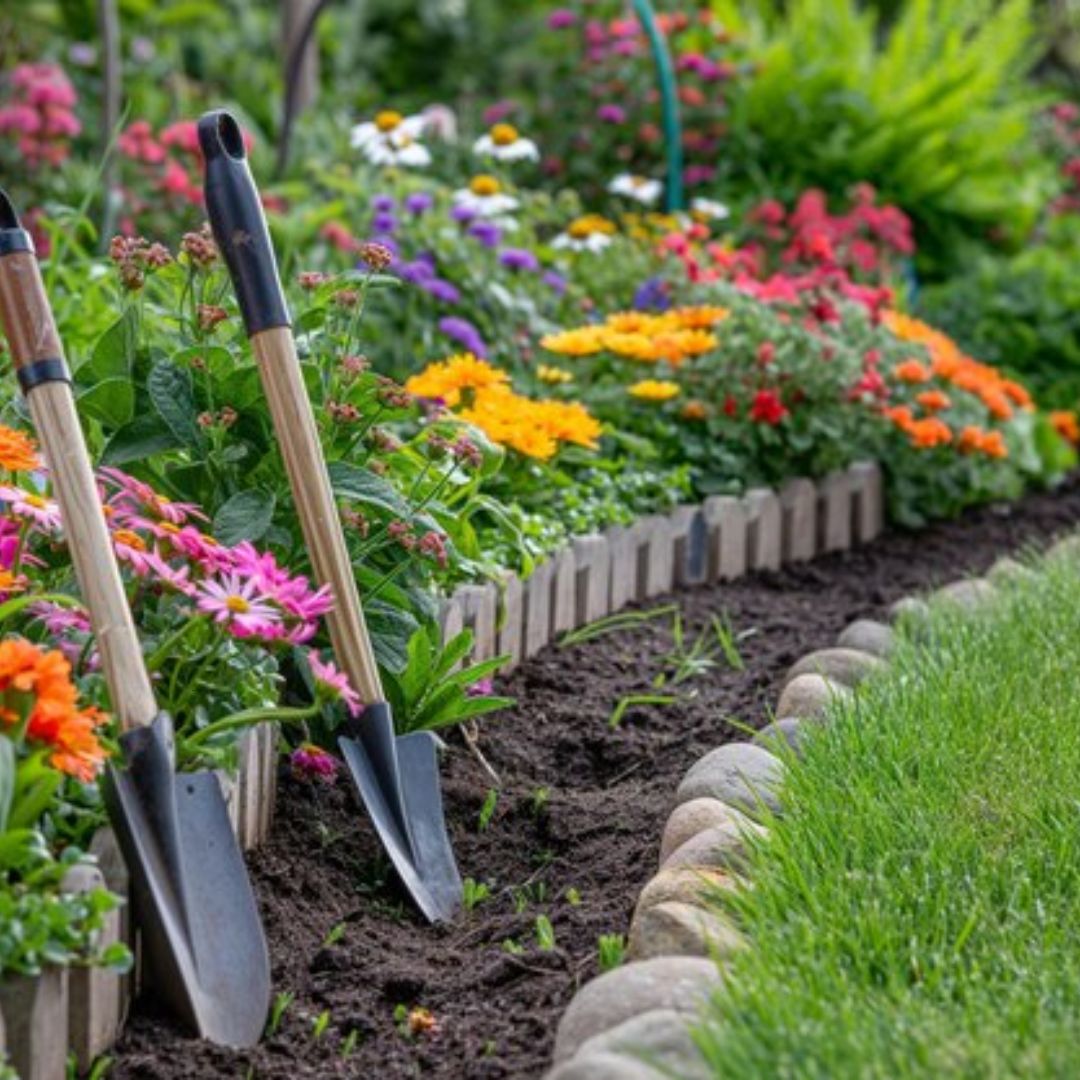
1. Find Your Green Space
The first step in starting a garden is deciding where it will go. Whether you have a sprawling backyard or a cozy balcony, there’s a gardening solution for every space:
- Backyard Gardens: Perfect for larger-scale planting with ample room for vegetables, flowers, and more.
- Raised Beds: Ideal for those with limited space, these elevated gardens are easy to manage and can be set up on patios or small yards.
- Container Gardens: Great for apartments or small areas, containers can house everything from herbs to flowers and can be moved around easily.
Assess your space’s sunlight, water availability, and soil quality to choose the best location for your garden.
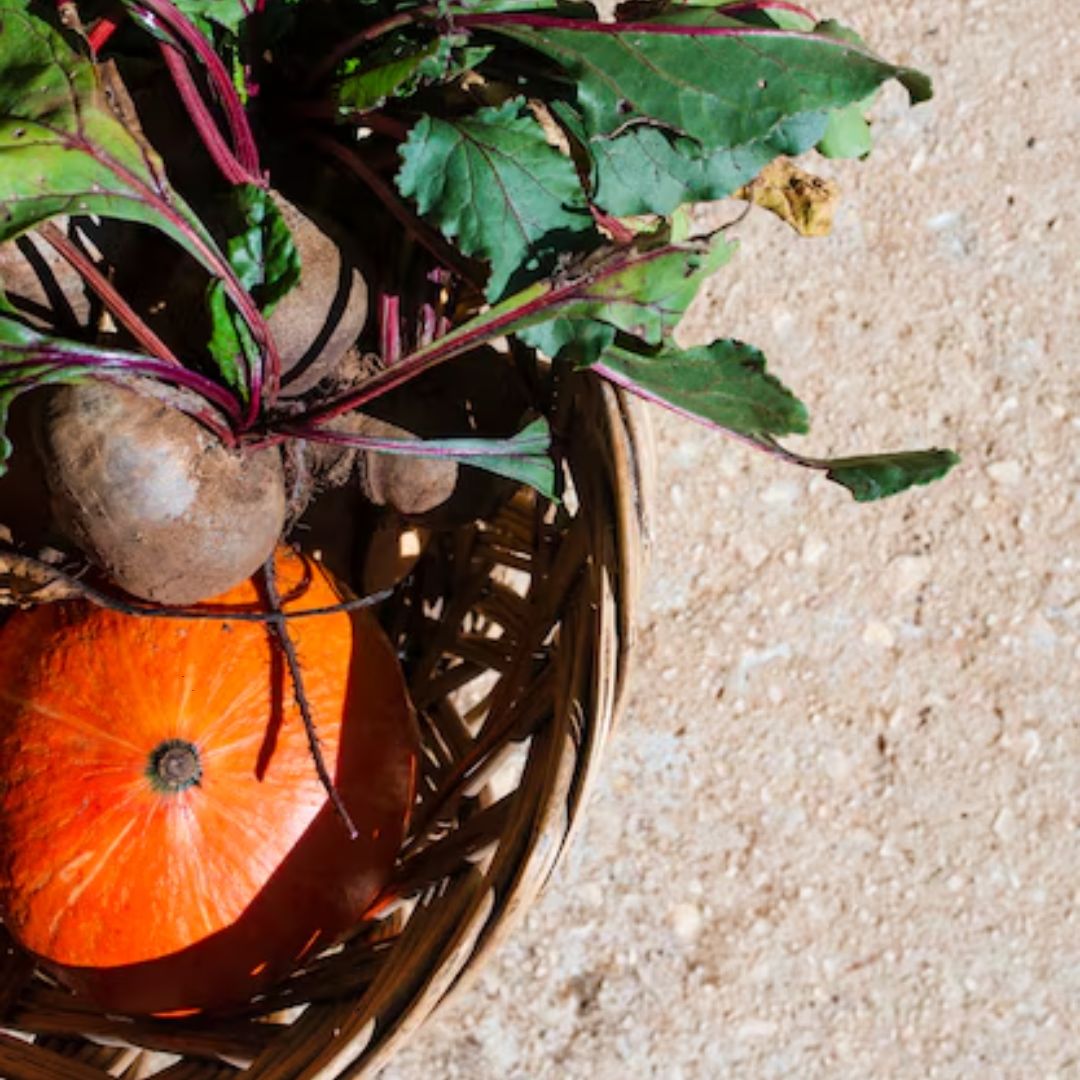
2. Choose the Right Plants
When starting a garden, selecting plants that match your climate and soil type is crucial. For beginners, it’s often best to start with easy-to-grow varieties:
- Vegetables: Tomatoes, lettuce, and radishes are great for novice gardeners.
- Herbs: Basil, mint, and parsley are low-maintenance and perfect for small spaces.
- Flowers: Marigolds, sunflowers, and zinnias are vibrant and simple to care for.
Consider your local climate and growing season to pick the best plants for your garden. Local nurseries and gardening clubs can also offer valuable advice tailored to your area.
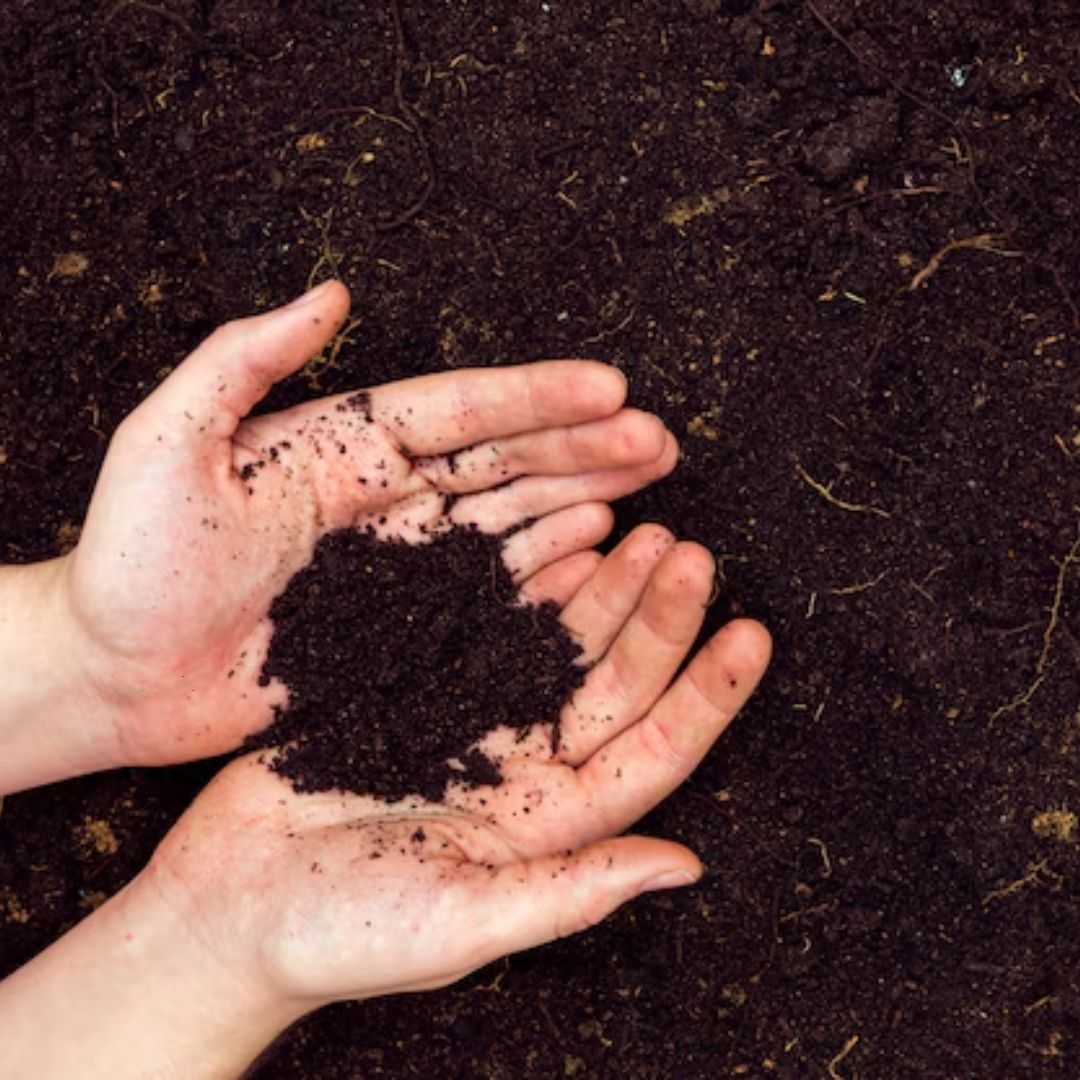
3. Prepare Your Soil
Good soil is the foundation of a healthy garden. Begin by testing your soil to understand its pH and nutrient levels. Most garden centers sell simple soil test kits. Here’s how to prepare your soil:
- Loosen the Soil: Use a spade or garden fork to break up compacted soil and improve aeration.
- Add Organic Matter: Mix in compost or well-rotted manure to enrich the soil and enhance fertility.
- Drainage: Ensure your garden area has proper drainage to prevent waterlogging, which can harm plant roots.
Healthy soil equals healthy plants, so take the time to prepare it well!
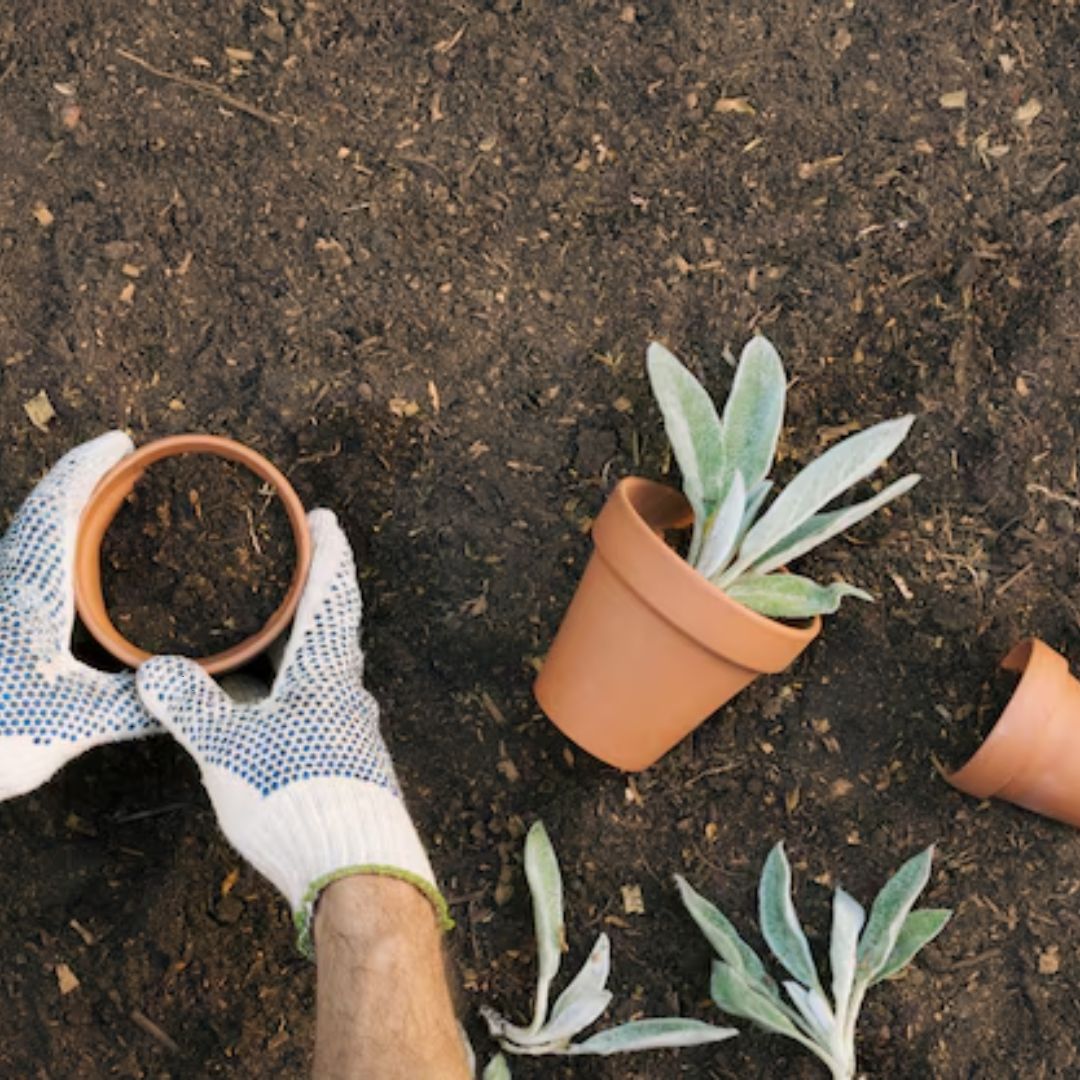
4. Plant with Purpose
When you’re ready to plant, follow these basic gardening tips:
- Timing: Plant at the right time for your chosen species. Check the recommended planting dates for each plant.
- Spacing: Follow spacing guidelines to ensure plants have room to grow without competing for nutrients.
- Depth: Plant seeds or seedlings at the correct depth. Most seed packets or plant tags will provide this information.
Remember, patience is key! Plants need time to establish their roots and start growing.
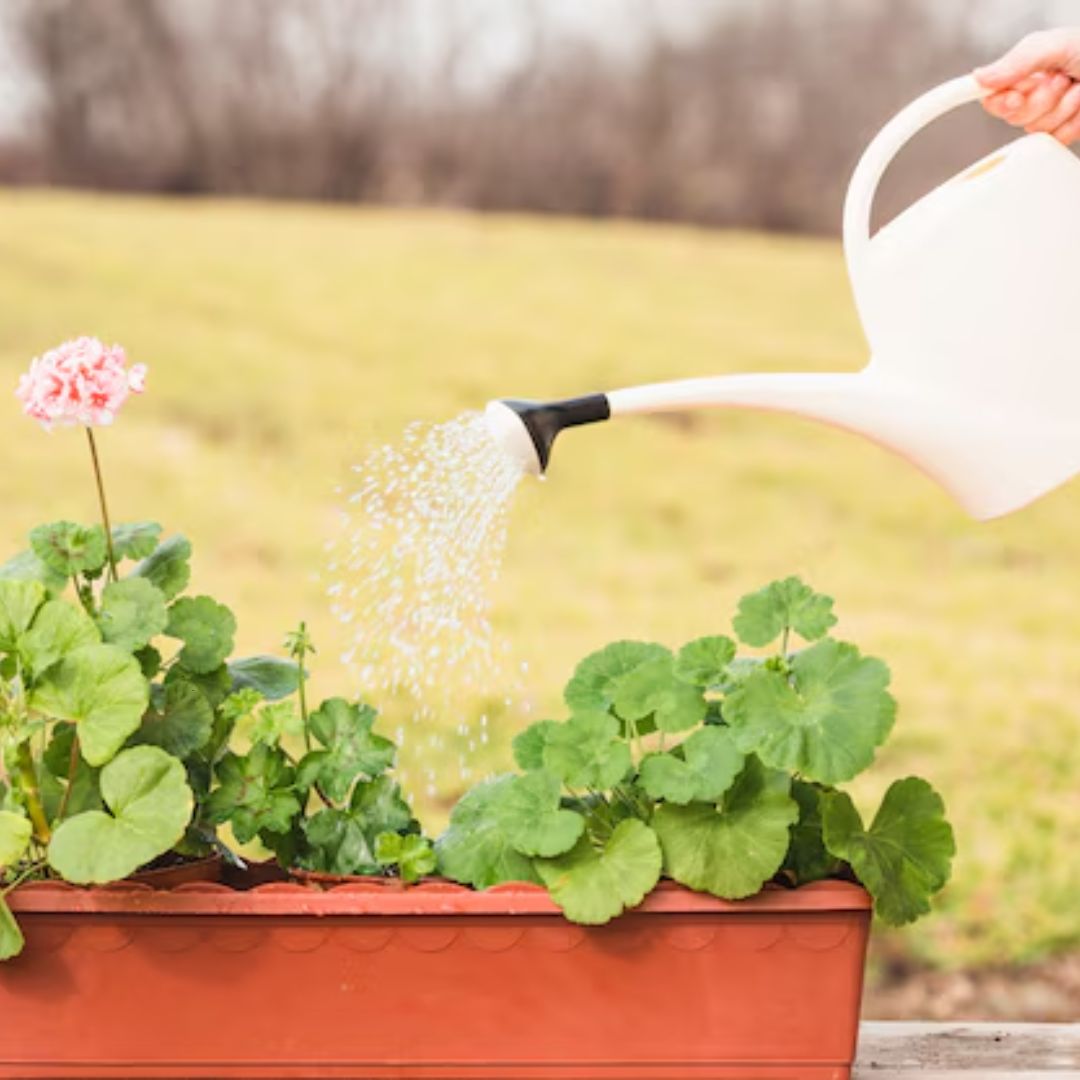
5. Water Wisely
Watering is crucial for plant health, but overwatering or underwatering can cause problems. Here’s how to get it right:
- Consistency: Water your garden regularly, especially during dry spells. Early morning is the best time to water.
- Method: Use a soaker hose or drip irrigation system for efficient watering that reduces waste. Avoid watering leaves to prevent disease.
- Check Soil Moisture: Stick your finger into the soil—if it feels dry a couple of inches down, it’s time to water.
Proper watering helps plants thrive and saves water, making it a win-win for your garden!
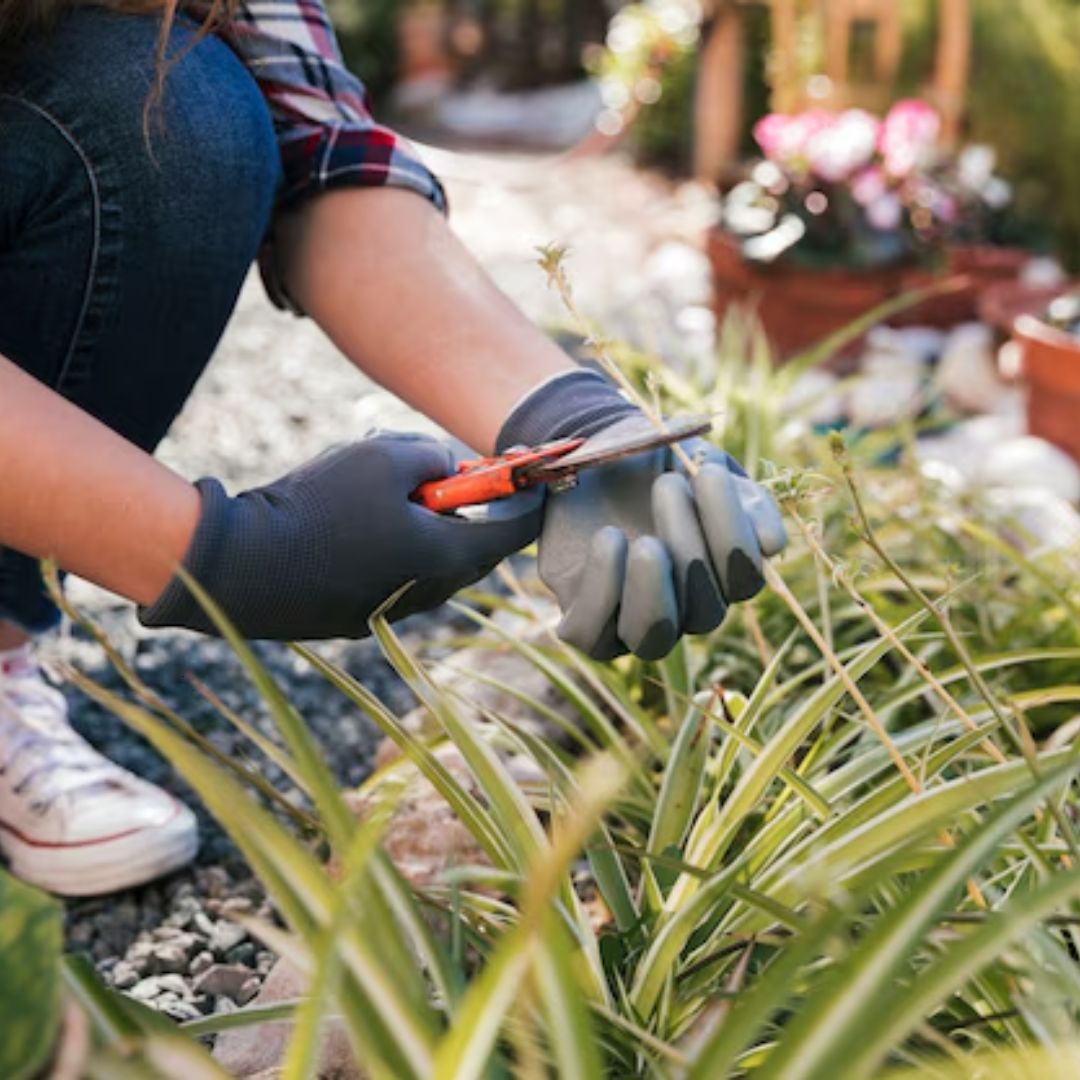
6. Maintain Your Garden
Gardening for beginners also involves regular maintenance. Here’s what you should keep an eye on:
- Weeding: Regularly remove weeds that compete with your plants for nutrients and water.
- Pruning: Trim dead or diseased parts of plants to promote healthy growth.
- Pest Control: Monitor for pests and diseases. Natural remedies like neem oil or insecticidal soap can be effective.
Routine care will keep your garden in top shape and help prevent potential problems.
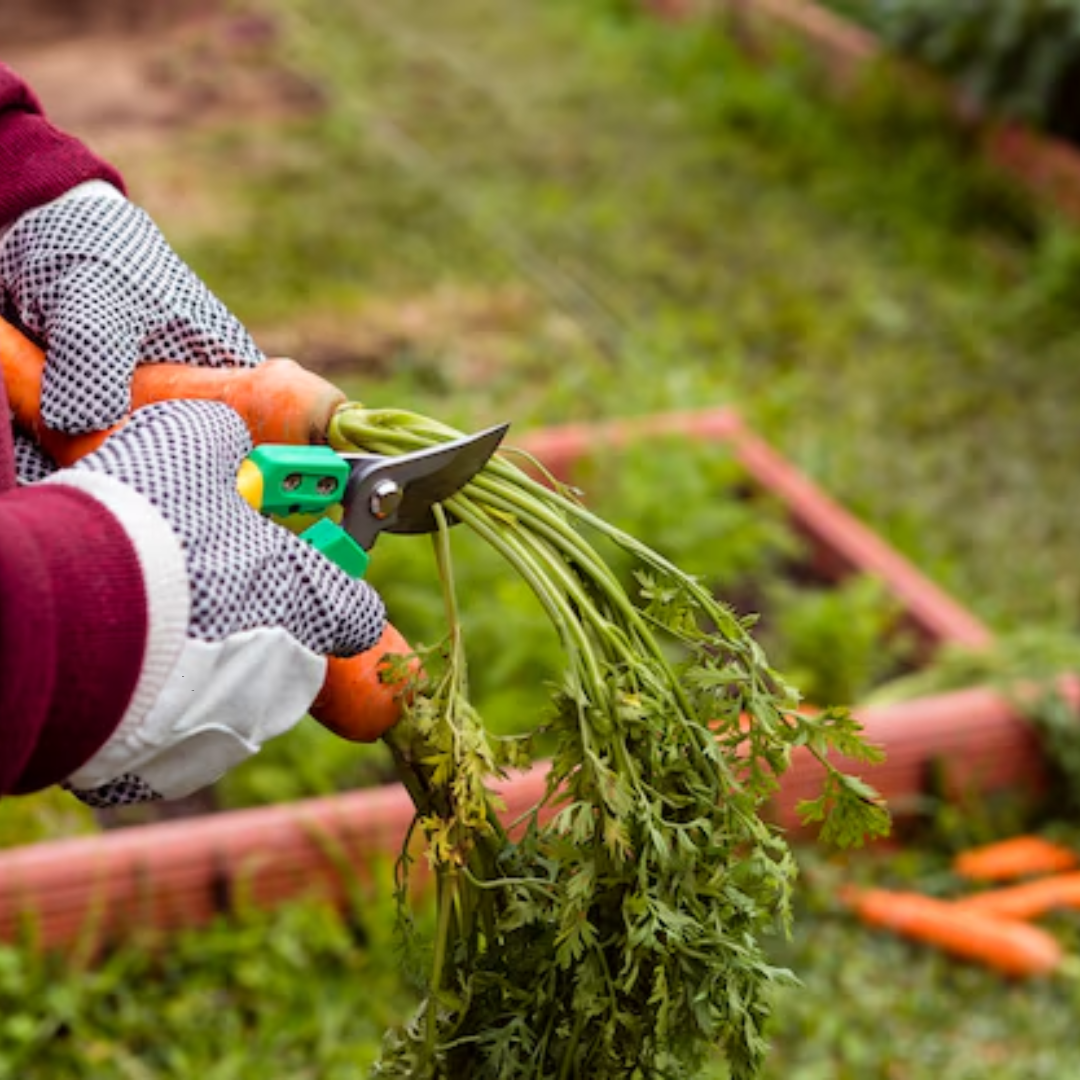
7. Harvest and Enjoy
The best part of starting a garden is enjoying the fruits of your labor! Harvest your vegetables, herbs, and flowers when they reach their peak. Freshly picked produce and blooms add a special touch to meals and décor. Plus, there’s nothing quite like the satisfaction of eating something you’ve grown yourself!
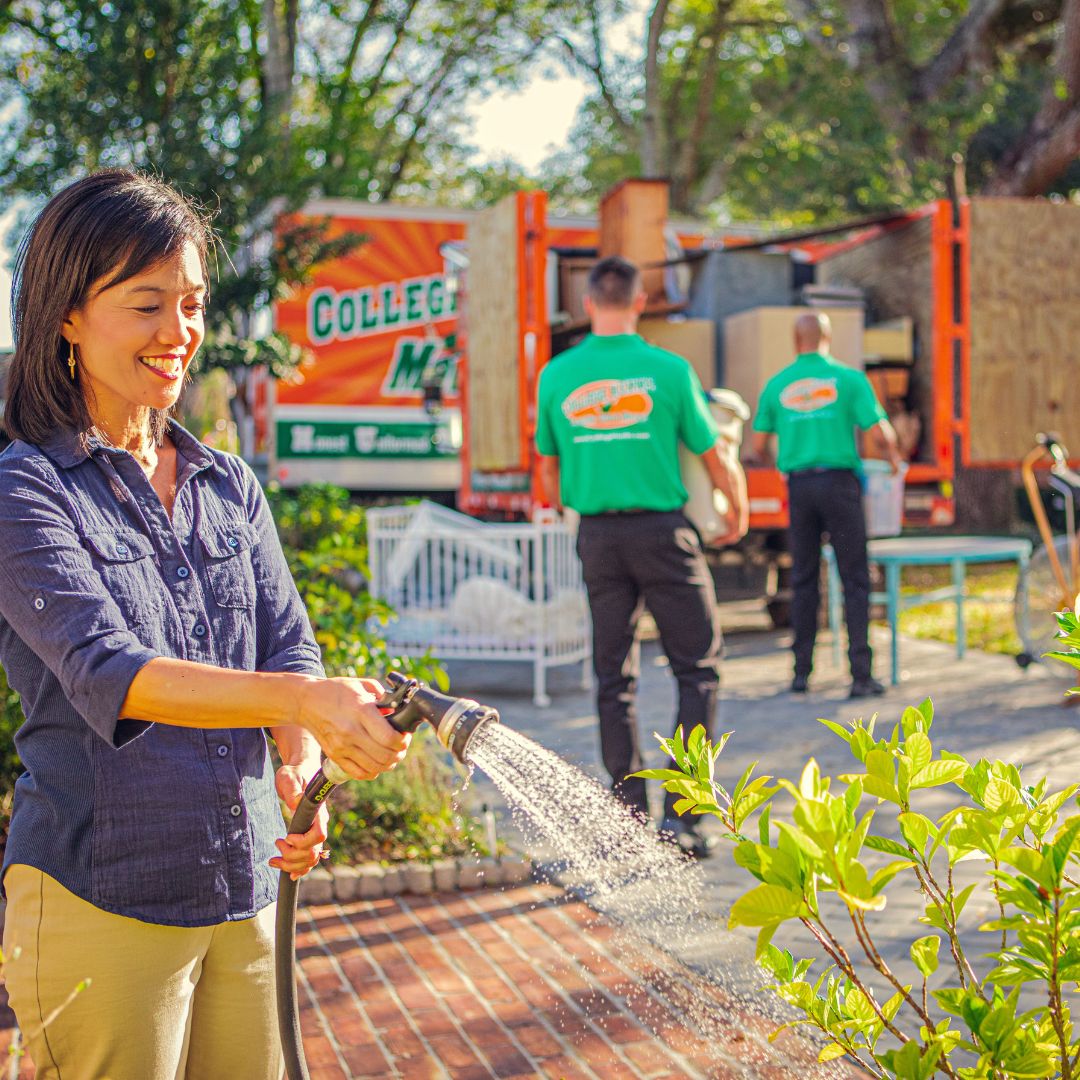
Before you dive into gardening, it might be helpful to clear any clutter from your garden area. Starting a garden is an exciting and fulfilling journey. With these beginner gardening tips, you’ll be well on your way to cultivating a beautiful and productive garden. So, grab your gardening gloves, dig in, and watch as your green oasis blossoms!
College Hunks Hauling Junk and Moving can make a difference. Our team can assist with removing old tools, debris, or any other items that might be in your way. With a clean, organized space, you’ll have the perfect environment to start your gardening journey.
